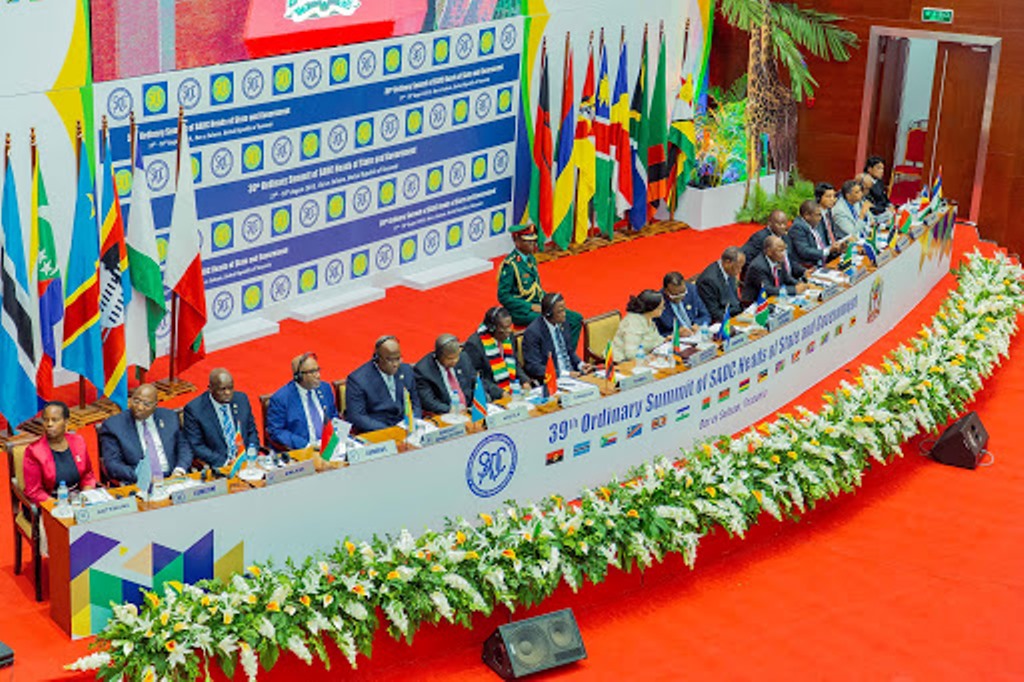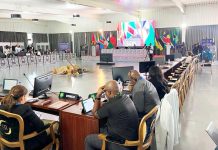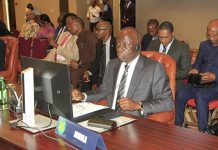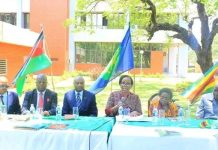THE Southern African Development Community (SADC) Member States are contemplating on viable measures to tackle the state of unemployment in the region, currently standing at between 9 and 11 per cent.
The move goes together with putting in place plans for creating more employment opportunities for youth as they occupy a large portion in the region’s workforce.
The paradox in the SADC region is its high levels of youth unemployment despite high literacy rates.
Permanent Secretary in the Prime Minister’s Office, Policy, Parliamentary Affairs, Labour, Employment, Youth and the Disabled, Andrew Massawe said yesterday that the bloc is determined to come up with policies and guidelines that will empower youth in labour and various employment opportunities.
Mr Massawe made the remarks when launching the meeting of senior officials and stakeholders of labour and employment sector from SADC that started on Sunday, ahead of the upcoming joint meeting of ministers responsible for the docket, to be held on Thursday and Friday this week.
In his speech, he challenged delegates to discuss and come up with ideas and strategies that would improve the labour market in the region.
“Unemployment is a global challenge, but we must take deliberate efforts to curb it in our region, and this can be done through dialogue and various discussions whose reports will be submitted to the ministers for approval,” he told attending members of the SADC tripartite entities for labour and employment.
His note was seconded by the Director of Employment at the Prime Minister’s office, Mr Ally Msaki who said global statistics shows that about 200 million people, who constitute 5.1 per cent of the world population, are unemployed.
“So this tripartite meeting that has brought together government, employers, trade union and employees will discuss ways to address unemployment among member states,” he said.
According to Mr Msaki, the guidelines to be made in the meeting will make easy transfer of employees within the bloc, and they will continue to benefit from their home pension funds.
At present, employment and labour productivity in SADC Member States remains low, with a large number of people currently engaged in subsistence farming rather than formal employment.
Meanwhile, Tanzania is set to host the ministerial council of SADC to be attended by Finance and Planning, Commerce and Trade and Foreign Affairs ministers from 16 member countries.
The meeting to be held on 16th and 17 March this year, will be the last hosted by Tanzania as Chairman of SADC before the country hands over the chairmanship to Mozambique later on in August this year.
The Minister for Foreign Affairs and East African Cooperation Prof Palamagamba Kabudi said yesterday that the ministerial meeting will be preceded by the meeting of Permanent Secretaries and other senior officers from the respective ministries.
He explained that during the meeting, the ministers will discuss issues that have been discussed in various ongoing meetings covering youth and employment, natural resources and development as well as disaster management.
“During the time of its Chairmanship, Tanzania has been able to push for recognition of Swahili language at international level and it was also used in the SADC meetings. This is a landmark achievement,” he noted.







